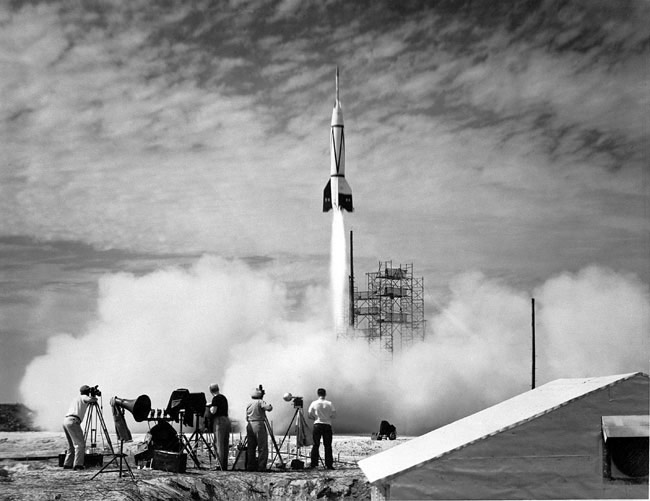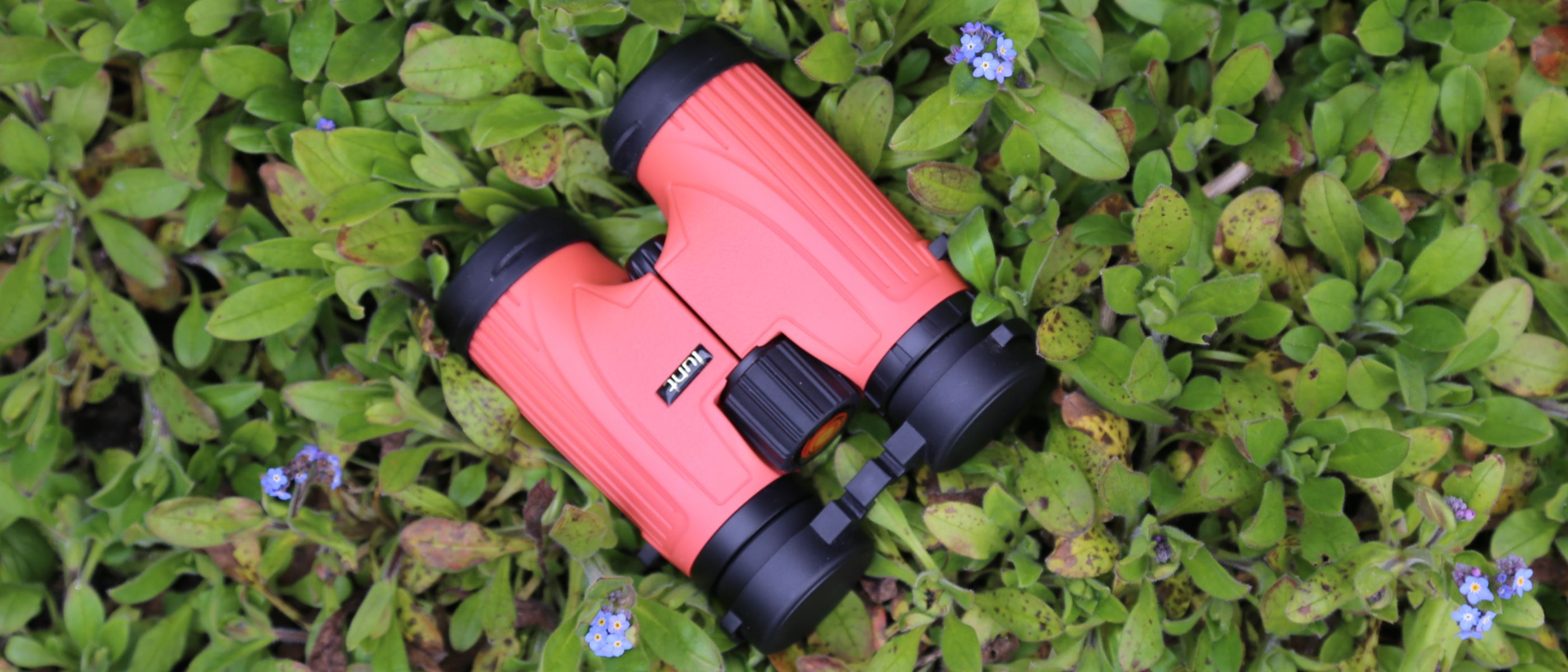Why Are Rockets Launched from Florida?

Sixty years ago this week, Florida's"Space Coast"was born with the launch of a rocket called Bumper 8 on July 24, 1960,fromwhat was then called Long Range Proving Ground Base on Cape Canaveral.
Today, CapeCanaveral is America's gateway to the universe, but it wasn'tthe firstplace from which rockets were launched in the United States. [Photo:Florida's first rocket launch.]
After World War II, when militaryrocket technology was inits infancy, rockets were launched from White Sands Test Facility inNewMexico. But the technology was, literally, outgrowing the test rangethere.
"The total length of range at WhiteSands was about 100miles," said Stan Starr, chief of the Applied Physics Branch at KennedySpace Center. "Everything they launched had to go straight up, andslightly to the north so the radar and telemetry stations would be ableto seethe rockets to track them."
But to achieve great distances ? andthere were a number ofmilitary programs at the time had exactly that goal ? they need a longrangeand the ability to track the rocket throughout the range, Starr said. Shouldsomething go wrong, rocket engineers also wanted to be surethat rocketswould land benignly, preferably in an ocean.
"The Cape had a big advantage," Starrsaid overother locations. It was selected for two reasons: the fact that it isrelatively near to the equator compared to other U.S. locations, andthe factthat it is on the East Coast.
An East Coast location was desirablebecause any rockets leavingEarth's surface and traveling eastward get a boost from theEarth's spin. AWest Coast location would either send rockets over populated areas orhave to contendwith launching against the direction of the spin.
Get the Space.com Newsletter
Breaking space news, the latest updates on rocket launches, skywatching events and more!
"Any object on the Earth's surface isalready movingeast very fast," Starr said.
And, the rate of spin is at itshighest on the equator andslowest at the poles, so the Cape's southern location also gave it aboost,Starr said. Cape Canaveral is about 28 degrees latitude above theequator.
The Bumperrockets thatwere tested in 1950 were the first two-stage rockets to be developed,Starrsaid. Two-stage rockets involve one rocket that launches from theground, and asecond rocket that launches from the first in flight, during aseparation.
There were eight Bumper rockets intotal, and the first sixwere launched from White Sands. But Bumper 5 soared to an altitude of244miles, which is higher than the InternationalSpace Station orbiting the Earth today, and heightened theneed to find alarger launching range, Starr said.
The Air Force installation on CapeCanaveral was renamedPatrick Air Force Base on Aug.1 1950.
Today, the Base is adjacent to theKennedy Space Center, andin the years since the Bumper rockets, Cape Canaveral hosted more than3,000rocket launches.
- 60Years of Rocket Launches: Birth of America's Florida Spaceport
- GreatRocket Launch Photos
- What'sthe Fastest Spacecraft Ever?
This article wasprovided by Life's LittleMysteries, a sister site of SPACE.com.
Join our Space Forums to keep talking space on the latest missions, night sky and more! And if you have a news tip, correction or comment, let us know at: community@space.com.

Karen came to Space.com sister site LiveScience in 2010, after writing for Discover and Popular Mechanics magazines, and working as a correspondent for the Journal of the National Cancer Institute. She holds an M.S. degree in science and medical journalism from Boston University, as well as an M.S. in cellular biology from Northeastern Illinois University. Prior to becoming a journalist, Karen taught science at Adlai E. Stevenson High School, in Lincolnshire, Ill. for eight years.










